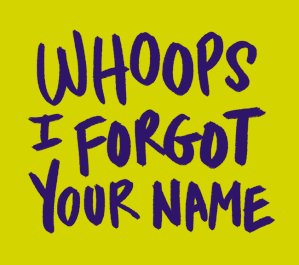As a freelance artist, I rely on the trust of others in my work, whether it is for regularly scheduled orchestra work, a one-time show, a last-minute call to play something crazy hard, or many weeks in the pit somewhere. I am thankful for each and every opportunity, for the friendships I have developed with players in a great many places, and that all of these opportunities have given me inspiration to continue to grow. Thank you to all my colleagues who inspire me with your talent and passion, and for the support you have given me to strive for my own brand of excellence.
And to my students: you help make me who I am. Teaching you reminds me daily of what it takes to be thorough, to overcome obstacles, to quest for excellence and to do the (often challenging) things needed to succeed. I enjoy seeing each one of you every week, and watching you grow and expand your personal boundaries. I learn so much with you and from you and and it is a joy to have you in my studio.
I am truly grateful for all the opportunities I have had and the continued trust I receive from so many to keep doing what I do.





 RSS Feed
RSS Feed